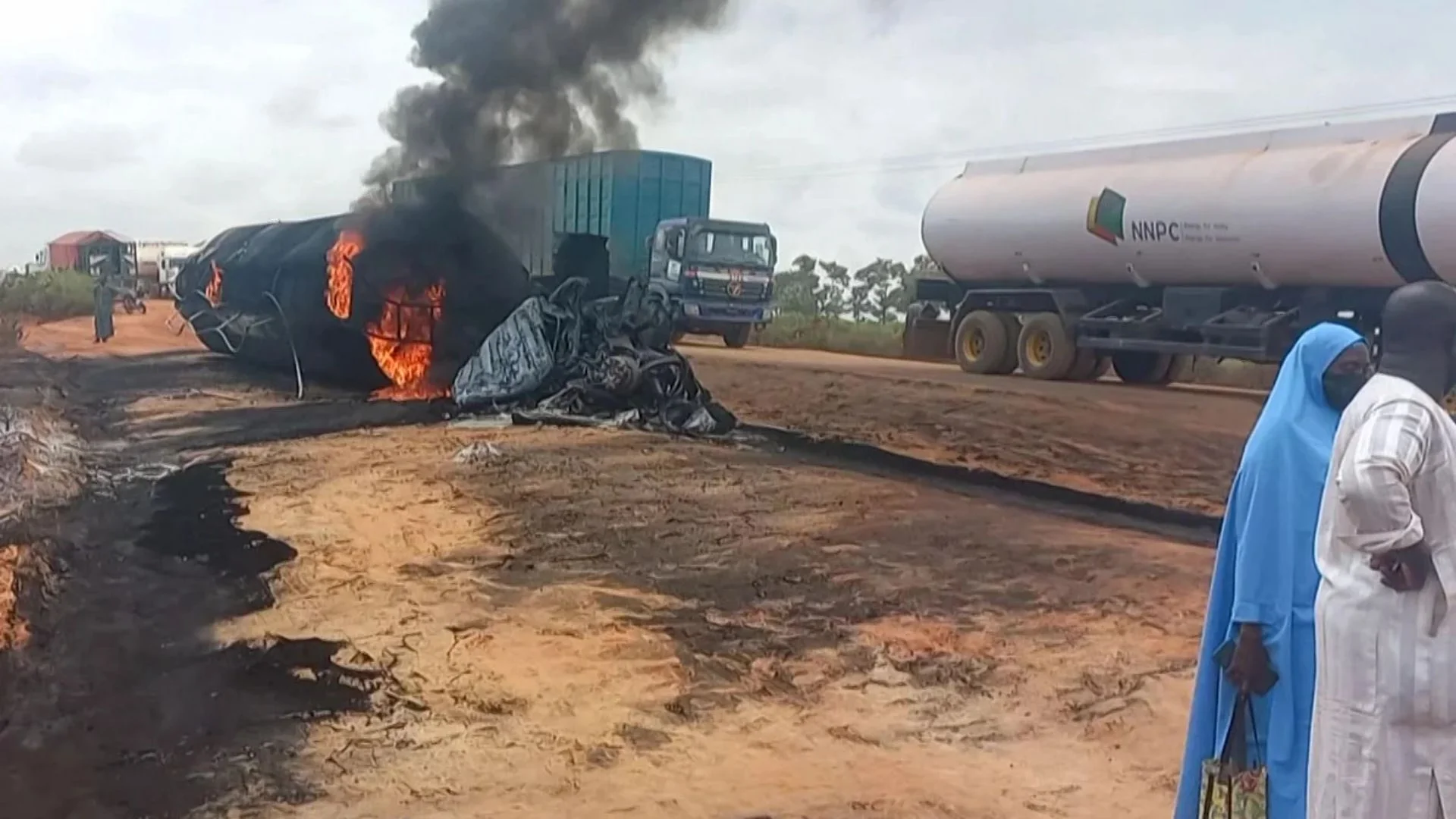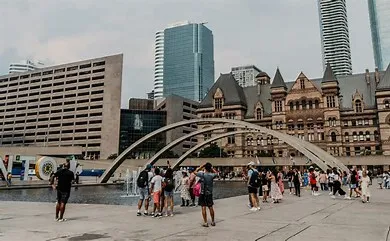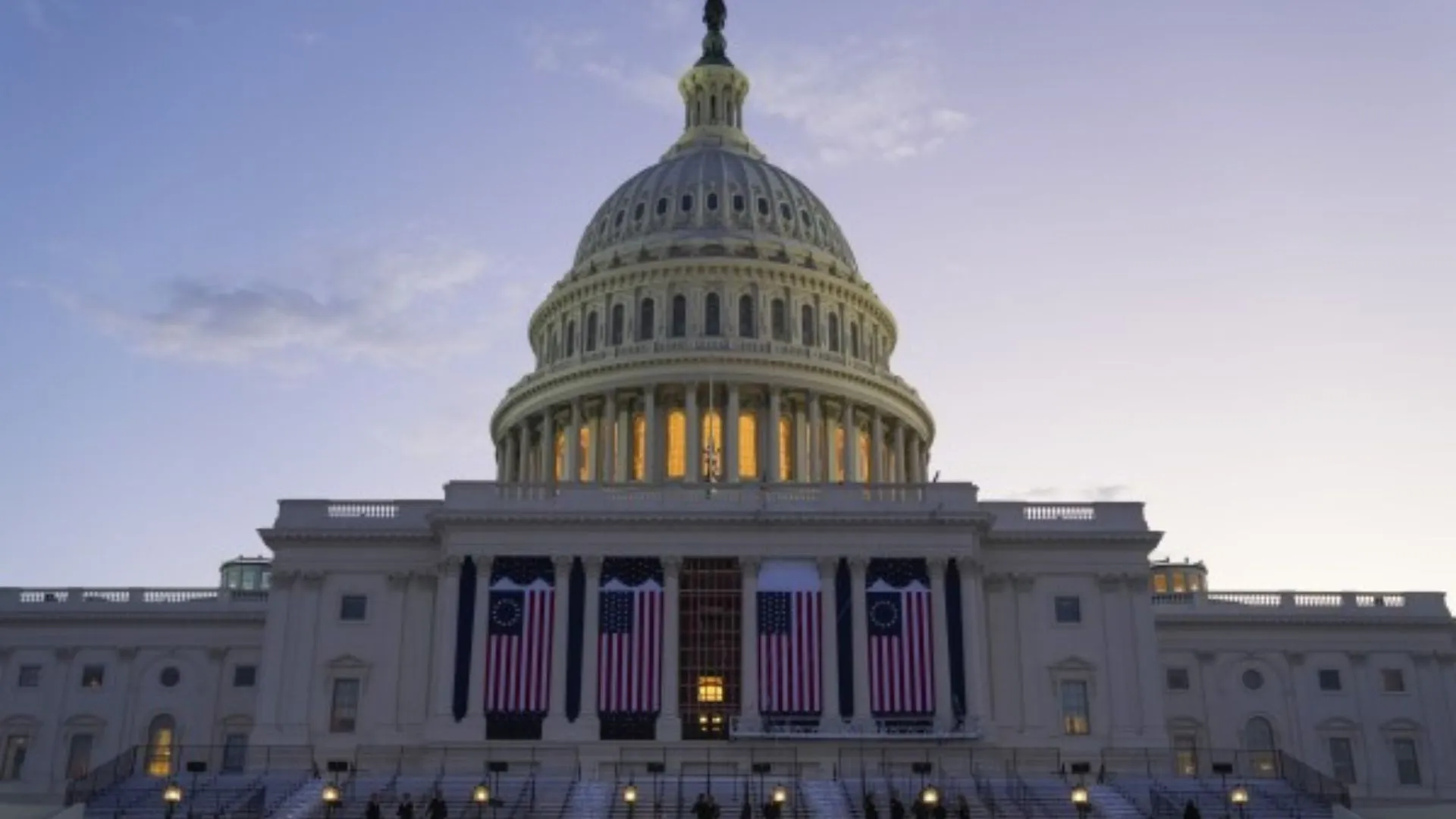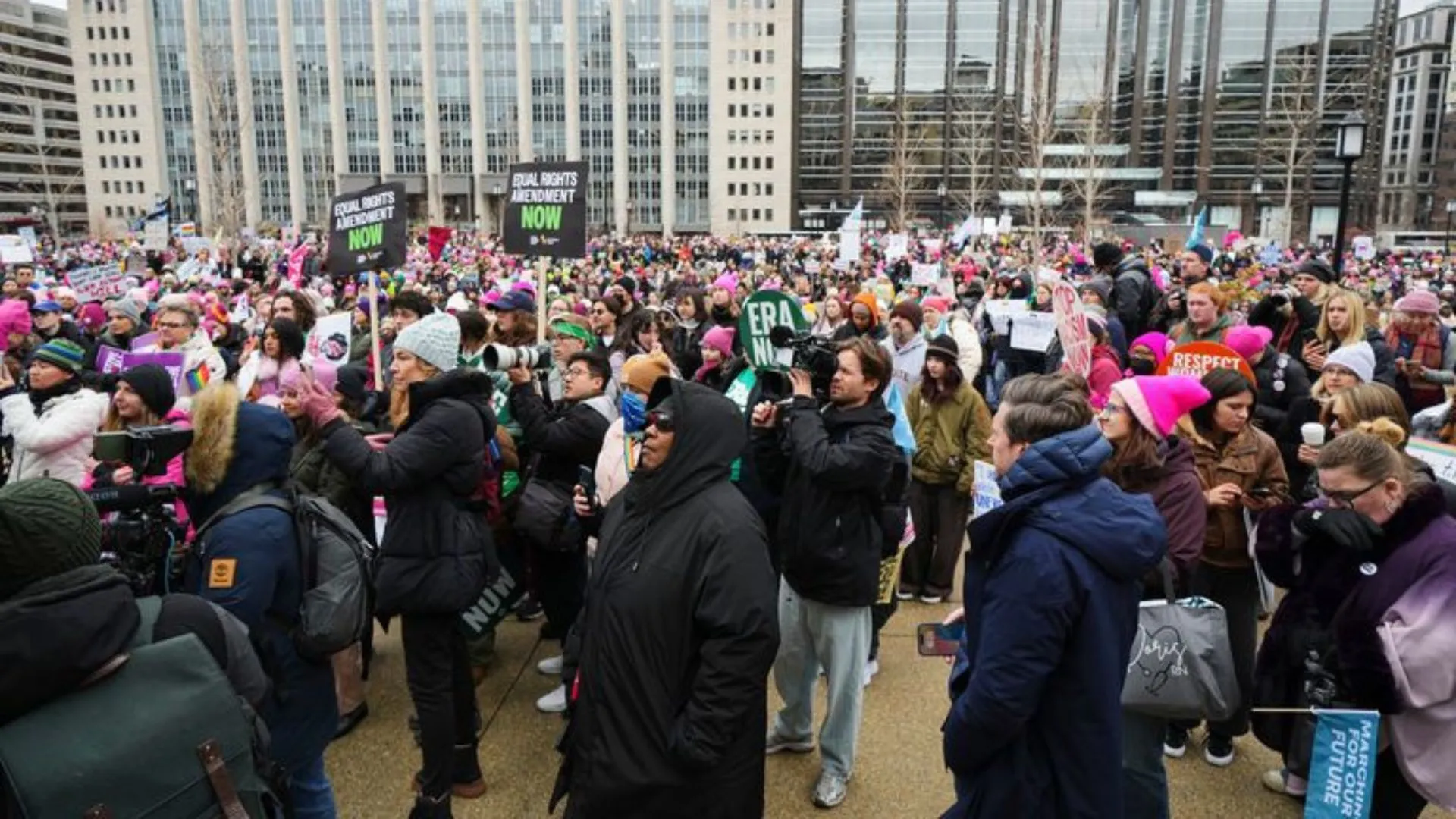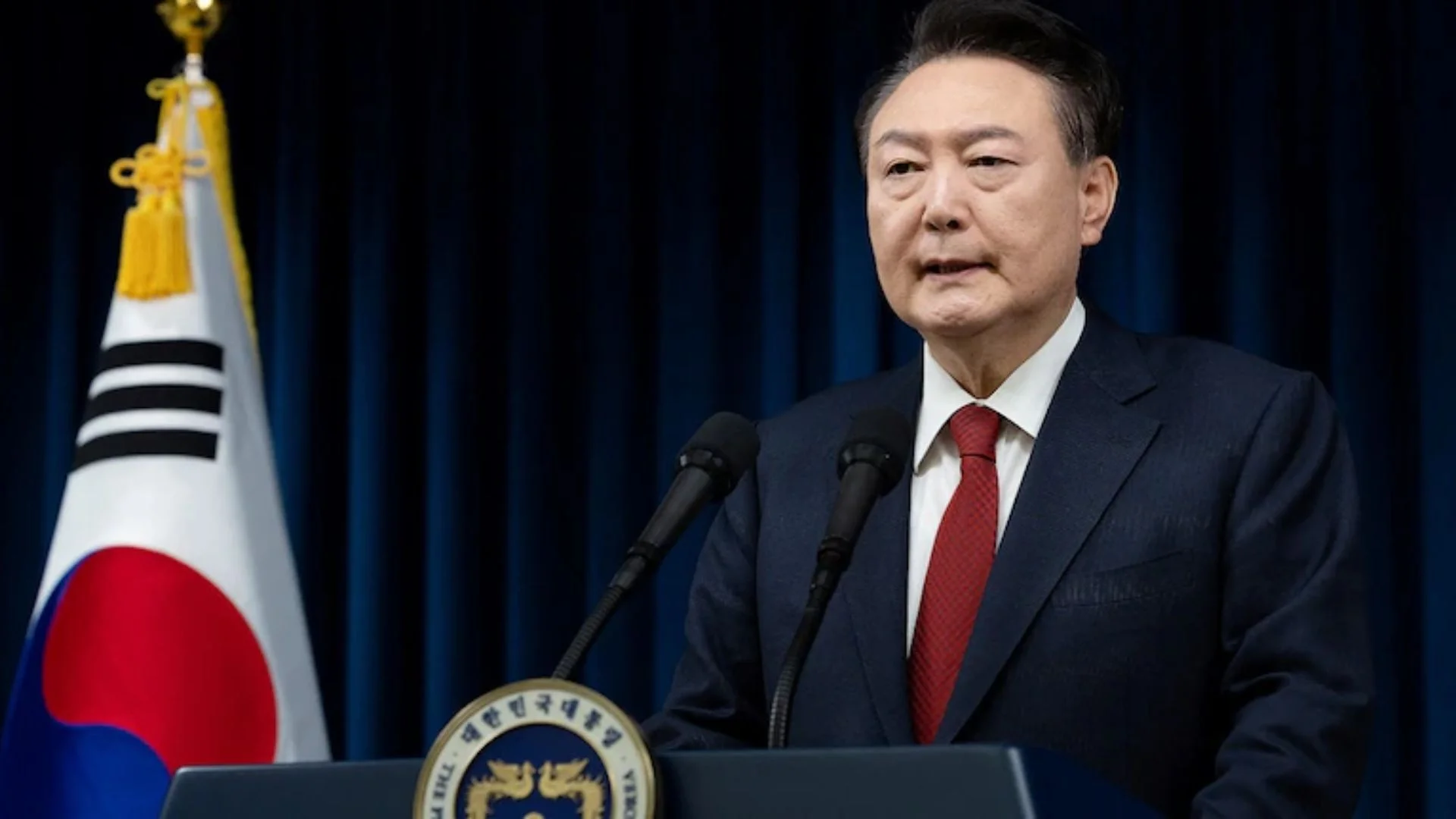The Indian High Commission in Bangladesh remains functional and senior diplomats and essential staff continue to remain in the country, sources told ANI. Non-essential staff and families of Indian diplomatic missions have returned to India voluntarily through a commercial flight, the sources said.
Amid political unrest in Bangladesh, an Air India flight from Dhaka carrying 199 passengers and six infants landed in Delhi early this morning. Air India operated a special charter flight at short notice despite infrastructure challenges at Dhaka Airport late last night and landed in Delhi early this morning, as per information provided by sources.
Bangladesh is facing a fluid political situation with Sheikh Hasina tendering her resignation from her post in the wake of mounting protests on August 5. The protests, led mainly by students demanding an end to the quota system for government jobs, evolved into anti-government demonstrations.
A day after Sheikh Hasina resigned as Prime Minister of Bangladesh and left the country, President Mohammed Shahabuddin announced the dissolution of the country’s parliament to make way for the formation of an interim administration, Dhaka Tribune reported.
Nobel laureate Muhammad Yunus has been appointed as the head of Bangladesh’s interim government, Dhaka Tribune reported. Bangladesh President’s Press Secretary, Joynal Abedin, made the announcement.
The decision regarding the appointment of Bangladesh’s interim government head was made during a meeting between President Shahabuddin and the coordinators of the Anti-Discrimination Student Movement.
On Tuesday, External Affairs Minister S Jaishankar said that there are an estimated 19,000 Indian nationals of which about 9000 are students while ensuring the country that the government is in close contact with the Indian community in Dhaka.
Jaishankar informed the Lok Sabha that the bulk of the students returned to India in July.
“We are in close and continuous touch with the Indian community in Bangladesh through our diplomatic missions. There are an estimated 19,000 Indian nationals there of which about 9000 are students. The bulk of the students returned in July,” he said.
He also said that Bangladesh’s former Prime Minister Sheikh Hasina requested approval from India to come at very short notice and she arrived on the evening of Monday.
“On August 5, demonstrators converged in Dhaka despite the curfew. Our understanding is that after a meeting with leaders of the security establishment, Prime Minister Sheikh Hasina apparently made the decision to resign. At very short notice, she requested approval to come for the moment to India. We simultaneously received a request for flight clearance from Bangladesh authorities. She arrived yesterday evening in Delhi,” he said.
The External Affairs Minister also mentioned that the government is monitoring the situation with regard to the minorities living in Bangladesh. Jaishankar noted that ties between India and Bangladesh are exceptionally close.
“Since the election in January 2024, there has been considerable tensions, deep divides and growing polarization in Bangladesh politics and “this underlying foundation aggravated a student agitation that started in June this year.”
“There was growing violence including attacks on public buildings and violence continued in July. We counselled restraint and urged the situation be resolved by dialogue, Jaishankar said in his statement in Rajya Sabha.
He said that the growing violence included attacks on public buildings and infrastructure, as well as traffic and rail obstructions.
Jaishankar said, “Throughout this period, we repeatedly counselled restraint and urged that the situation be defused through dialogue. Similar urgings were made to various political forces with whom we were in touch.”


